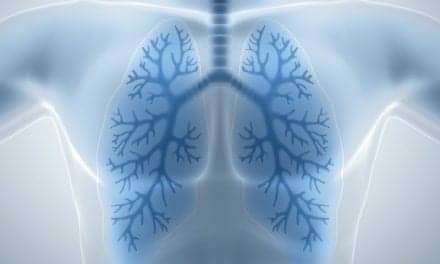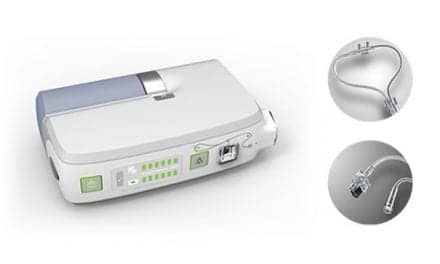
"Primary care providers are the gatekeepers for our health. If they are unable to recognize the signs of COPD or high-risk individuals, the disease may remain undiagnosed and, consequently, the patient will not receive appropriate treatment," said Kalpalatha K. Guntupalli, MD, FCCP, president of the ACCP. "By educating our primary care professionals, we give them the tools to identify high-risk patients, confirm a diagnosis of COPD, and provide initial treatment."
According to the ACCP, the Forum of International Respiratory Societies (FIRS), a collaboration of the world’s leading professional respiratory organizations including the ACCP, established the 2010 Year of the Lung global initiative. The Year of the Lung campaign aims to raise awareness of and advocate for lung health worldwide and at the country level to reduce lung disease morbidity and mortality.
"Although respiratory conditions, such as COPD and lung cancer, significantly impact the health of our communities, they are often overshadowed by other chronic conditions," said Guntupalli. "By dedicating an entire year to the celebration and education of lung health, we may finally gain public understanding of the risk factors for preventable lung diseases, as well as increased funding for treatment and research."
The regional COPD programs will be implemented in 20 locations across the United States.
More information on this and other ACCP initiatives for 2010 can be found on the ACCP Web site.









